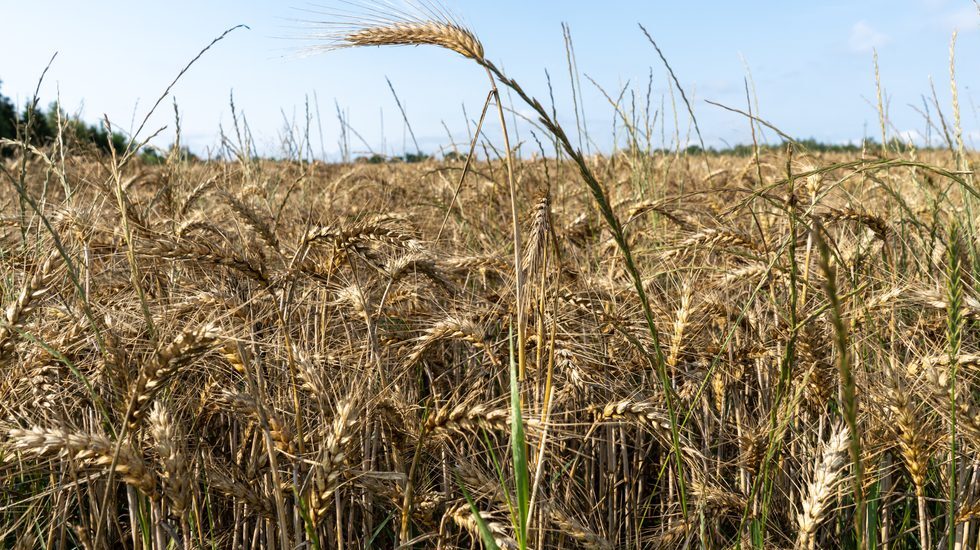
Poland’s Prime Minister Mateusz Morawiecki has come out against allowing Ukrainian agriculture imports to enter his country.
In the middle of negotiations about lifting restrictions on Ukrainian agricultural imports into the EU and the so-called solidarity lanes established last year, Morawiecki took to social media and Polish television on Tuesday to reiterate his country’s strong stance.
“Poland will not allow Ukrainian grain to flood us. Whatever the decision of Brussels officials, we will not open our borders,” Morawiecki wrote on Tuesday on X.
The post showed a short TV spot in which he upheld Poland’s support for Ukraine.
“When there was a need to help our neighbours, we opened our hearts and homes. Such are Poles,” he said.
He repeated his comments in a campaign appearance with farmers.
Poland holds elections in mid-October, and all parties are courting the vote of farmers, mobilised by the impacts of tough markets meeting increasing production costs related to the war in Ukraine.
Known as “Europe’s Breadbasket,” Ukraine is one of the top global exporters of wheat and other cereals. Much of it goes to the global south, particularly northern Africa, but some EU member states, such as Spain, are also importers of Ukrainian wheat. Russia’s blockade of the principal trade route through the Black Sea has impaired the exportation of Ukraine’s wheat. In response, the EU Commission last year lifted trade restrictions with Ukraine to facilitate the flow of its products through so-called solidarity lanes. But the logistics proved difficult, and much of what made it across the border got stuck, further complicating an already depressed agricultural market.
Bulgaria, Hungary, Poland, Romania, and Slovakia rebelled against the opening of their borders to Ukrainian agricultural products and the EU Commission finally allowed them to ban domestic sales of Ukrainian wheat, maize, and oilseeds until September 15th, though the products were allowed to transit through the countries.
It remains unclear if and how the restrictions will be extended. A meeting of agriculture ministers in July showed that member states were still divided on the subject, while the Commission was ready to lift restrictions and facilitate the export of Ukraine’s cereals.
“We are ready to export almost everything,” EU Commissioner for Agriculture Janusz Wojciechowski said during a press conference at the time.
Almost two months later, the stalemate appears to remain, with not even the Commission able to make a final decision.
At its September 6th meeting, the College of Commissioners discussed the question of the EU’s solidarity lanes without coming to a decision, instead leaning on the Joint Coordination Platform, a body launched in June to bring together the Commission and the frontline EU states—Bulgaria, Hungary, Poland, Romania, and Slovakia—for further negotiations.
Polish Press Agency reports that Commissioner Janusz Wojciechowski stated on September 12th that he believes the ban on imports of selected agricultural products from Ukraine should remain in place and that Ukraine should be helped with subsidies for transit of its agricultural-food products. He cited statistics showing that, under the present situation, large amounts of Ukrainian products had passed into the EU without disrupting Polish markets.
